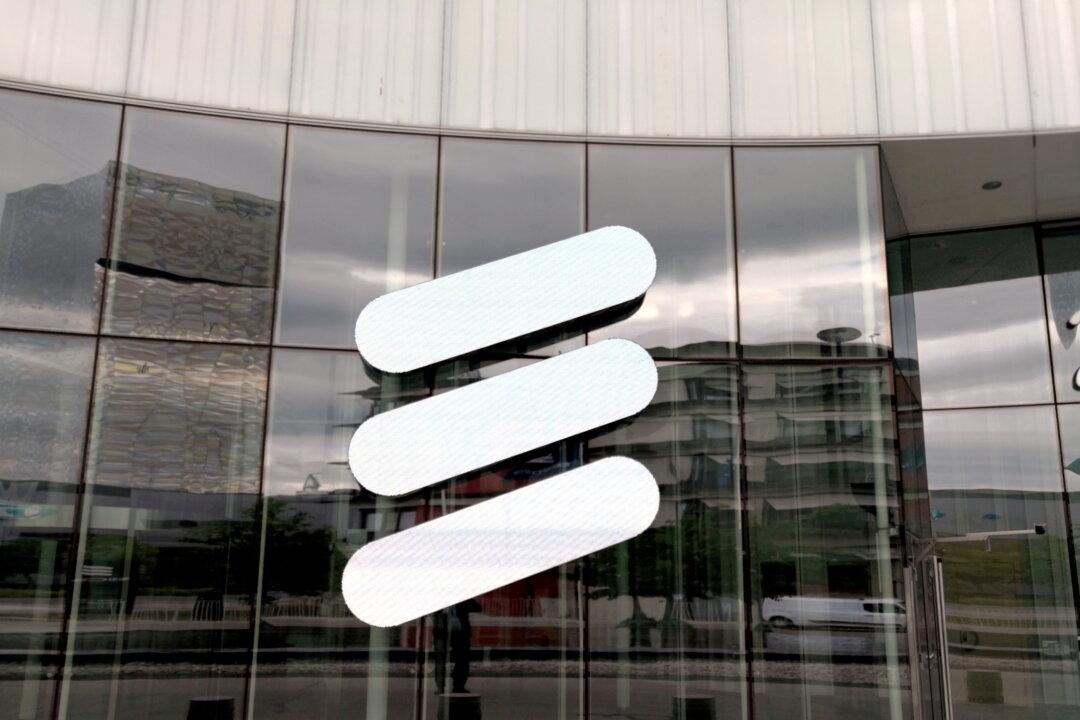STOCKHOLM—Sweden’s Ericsson announced on Tuesday plans to reduce its operations in China after suffering a big sales drop in one of its biggest markets, citing retaliation for Sweden’s banning China’s Huawei from selling 5G gear in the country.
The news came as the company reported better than expected third-quarter core earnings boosted by strong sales of 5G equipment in most of the world, offsetting a loss of market share in mainland China and a hit from the global supply chain problems.





